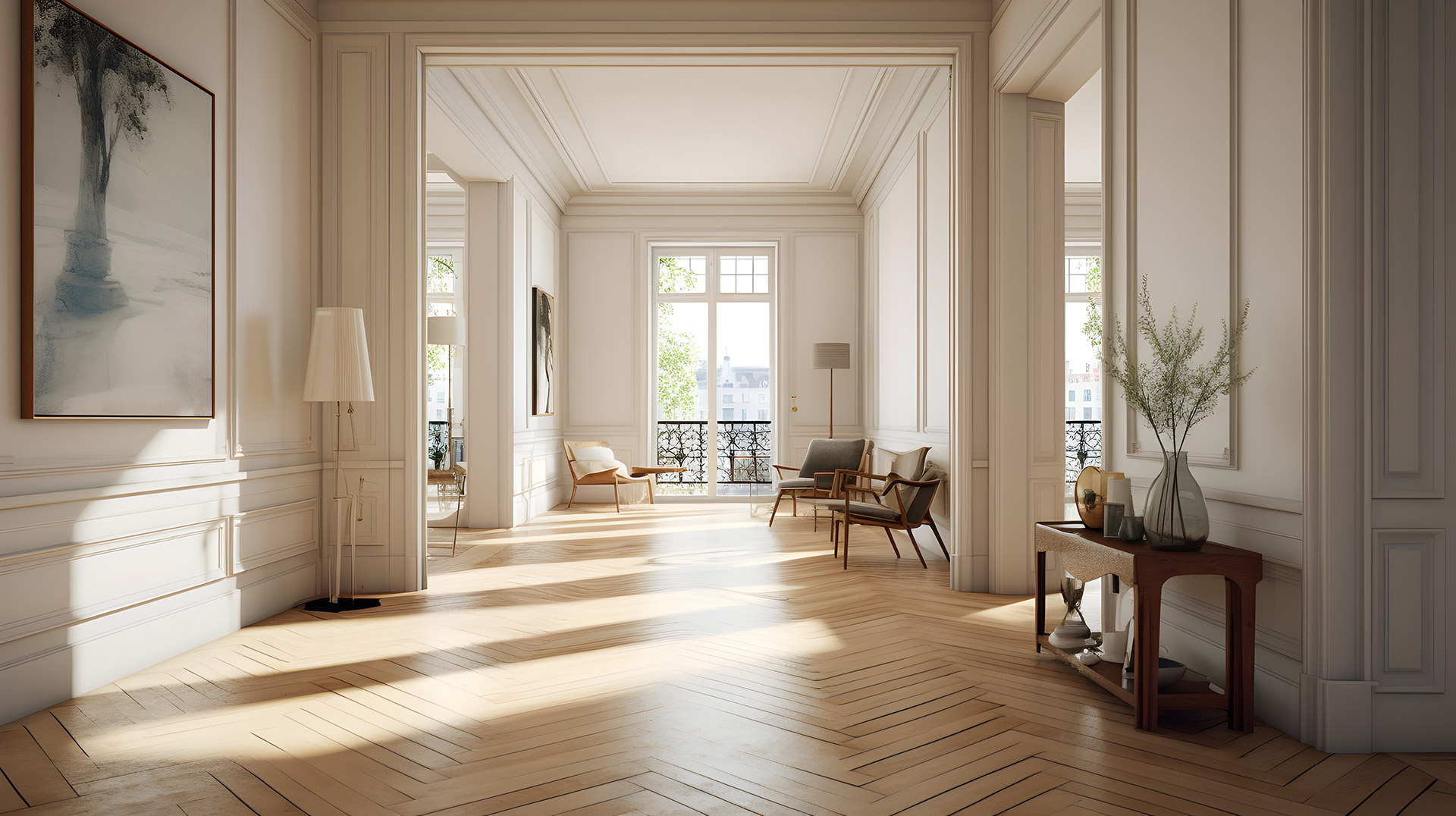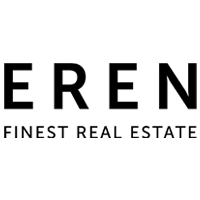How do you become a homeowner in Switzerland without equity capital?
Reading time — 5 minutes

In Switzerland, access to property is highly regulated, particularly in terms of borrowing conditions. When taking out a mortgage, financial institutions require a downpayment of 20% of the total amount. This is known as “equity”, and is essential if you want to buy a property within the Confederation. But is it possible to get round this? How can you become a homeowner in Switzerland without equity capital?
Is it possible to buy a property in Switzerland without a downpayment?
The answer is no: it is not possible to finance a property in Switzerland with a mortgage without having the equity required by lending institutions. This rigidity no doubt explains the low rate of home ownership in Switzerland: only 36.3% in 2021, the lowest rate in Europe (BFS). In fact, many young households do not have the required 20% of equity capital and their incomes do not allow them to comply with the “one-third rule” (maximum debt of 33%).
Nevertheless, there are ways of becoming a homeowner in Switzerland without having any equity capital to begin with, i.e. of raising the necessary sum in spite of everything.
Equity capital: a pillar of the Swiss bank lending system
To understand why it is impossible to become a homeowner in Switzerland without equity, you need to be aware of the importance of equity in the Swiss banking system. In fact, Swiss banks (almost) never lend 100% of the sum needed to finance a property for own use: it is customary for them to grant 80% of the value of the property – this is the “advance rate”.
The remaining 20% must be provided by the applicant and is made up of own funds, 10% of which do not come from occupational pension provision (2nd pillar). This means that 10% of these funds must come from personal savings or another source of finance. This rule, imposed by the supervisory bodies (Swiss Banking Association and FINMA), is applied in all cantons.
Finally, don’t forget that in Switzerland, notary fees are not covered by either the loan or your own funds. So, depending on the canton, you need to add 3 to 5% of the value of the property to the sum required.
How do you become a homeowner in Switzerland without equity capital?
As mentioned above, it is not possible to become a homeowner in Switzerland without equity capital. However, “equity” is often taken to mean money from personal savings: capital placed in a current account, notes kept in a safe, or woolly savings. In practice, however, the funds needed to obtain a mortgage can come from a variety of sources. Failing that, it is also possible to offer the bank guarantees. These are just some of the ways in which you can become a homeowner in Switzerland without having any initial equity.
Levers to raise the necessary equity capital
Remember that the amount to be injected into the mortgage corresponds to a minimum of 10% of the value of the property: the missing 10% is taken from professional savings. There are several ways of achieving this amount. You can…
- Withdraw all or part of the sums invested in a pension savings plan. Pillar 3a can be used to finance a principal residence. As for pillar 3b, this is a free savings account that you can use as you wish.
- Sell all or part of your financial investments (securities, shares, bonds, etc.).
- Withdraw all or part of the capital from a life insurance policy, provided that the surrender value is relevant.
- Take out a loan from a third party (family, friends, employer, etc.), provided it is interest-free and with no repayment period.
- Obtain a donation from your parents.
- Request an advance on inheritance, i.e. an “advance” on the future share of the estate, paid during the testator’s lifetime.
- Pledge financial assets in exchange for cash (known as a “Lombard loan”), or a building plot that you own.
The good news is that it is possible to combine these solutions to reach the required 10%, and thus become a homeowner in Switzerland without holding any initial equity.
Guarantees to offer the bank
If you can’t find a solution that will enable you to raise the necessary funds, you can negotiate with the bank so that it grants you the loan in exchange for guarantees. What are your options?
- Pledge your occupational pension capital (2nd pillar), which, for the bank, amounts to covering 90% of the value of the property. There are several advantages to this: your capital is protected for as long as you repay your loan, interest continues to accrue and you avoid paying tax on the withdrawal. However, this requires a higher income than a conventional loan.
- Use your life insurance as collateral rather than surrendering it.
- Use a property you already own as collateral. The bank then carries out an appraisal to determine the value to be retained.
- Have the mortgage guaranteed by a cooperative: the bank is guaranteed to be repaid if you default. In reality, this is a guaranteed loan, with a maximum term of 20 years, which requires you to prove that you are in a stable situation both professionally and financially. What’s more, the guarantee fees are high. So this is a solution to be considered carefully.
These guarantees are all ways of becoming a homeowner in Switzerland without holding any equity. But it can be difficult to find a bank that will accept these conditions.
Other (rarer) options
Finally, there are two other options which, in practice, are still rare:
- Negotiate a higher mortgage, which means having an income well in excess of your expenses… and finding a financial institution willing to make an exception.
- Carry out work on the property covered by the mortgage. The value of the work you carry out can be counted as a personal contribution. However, you must be able to demonstrate your skills in the construction or renovation sector, with professional experience and/or qualifications to back this up.
These are the solutions that will enable you to become a homeowner in Switzerland without having any equity. All that’s left to do is to apply to one or more banks, and give substance to your property plans. Don’t hesitate to discuss this with your broker.


